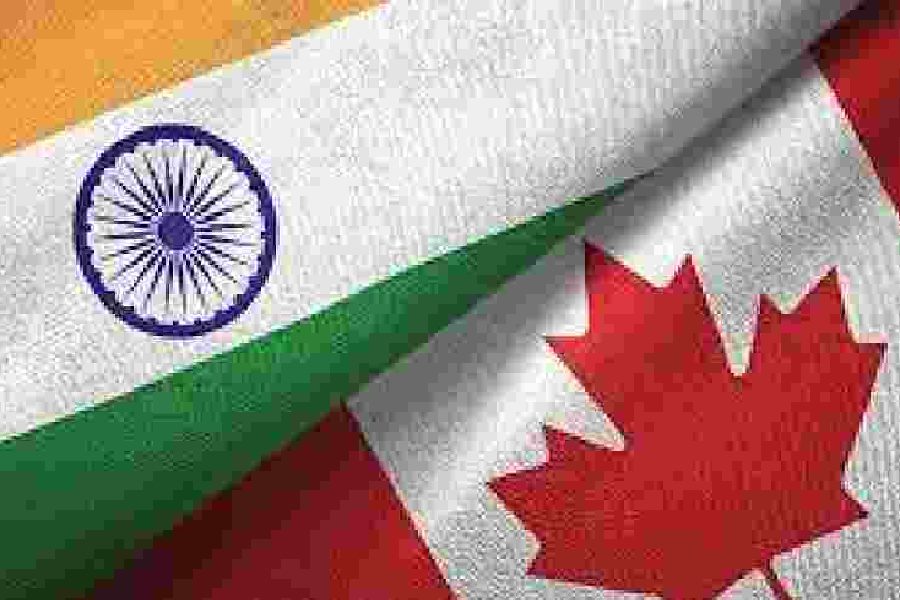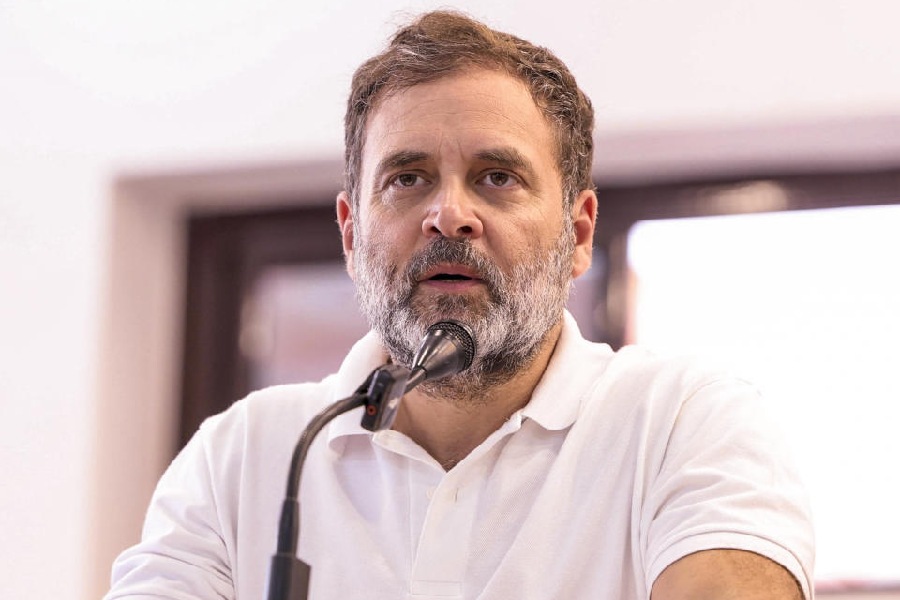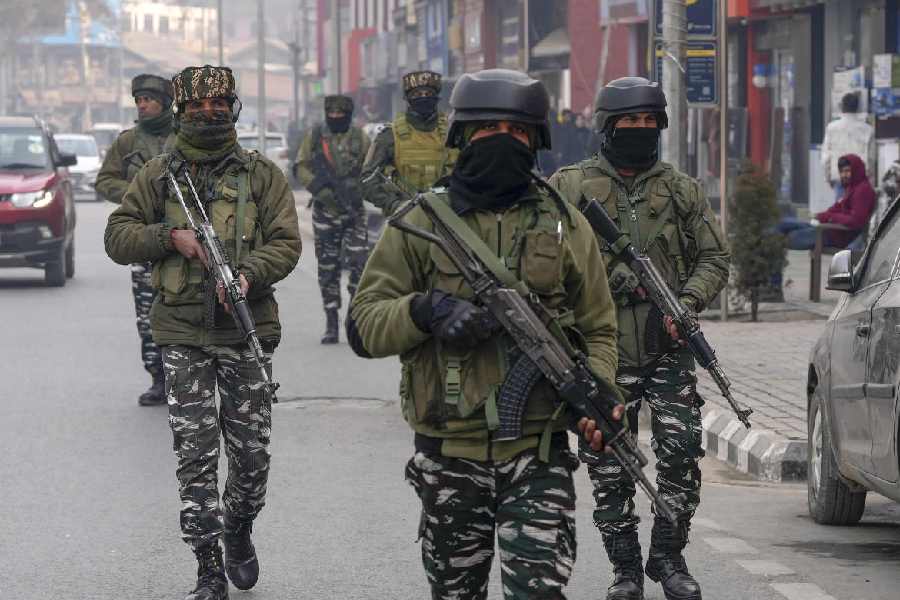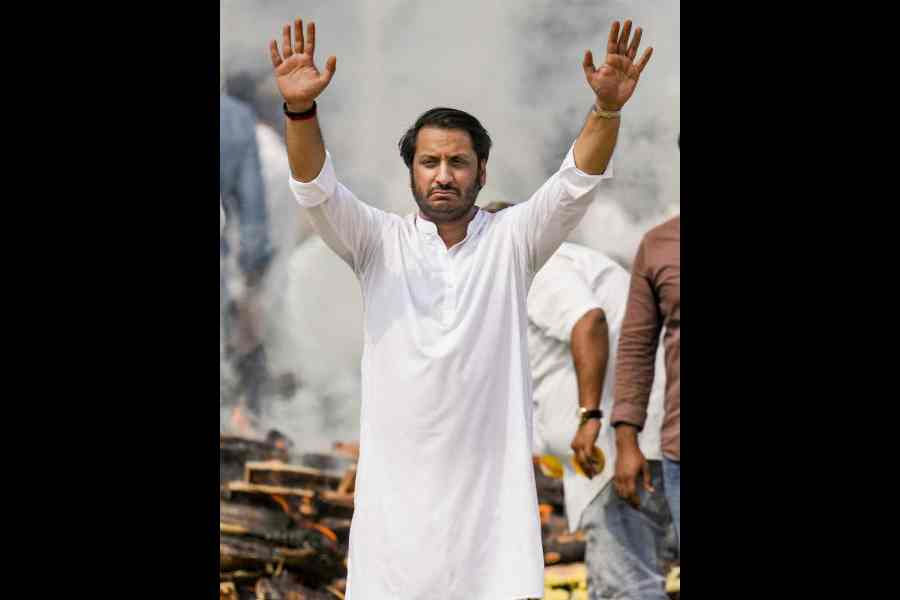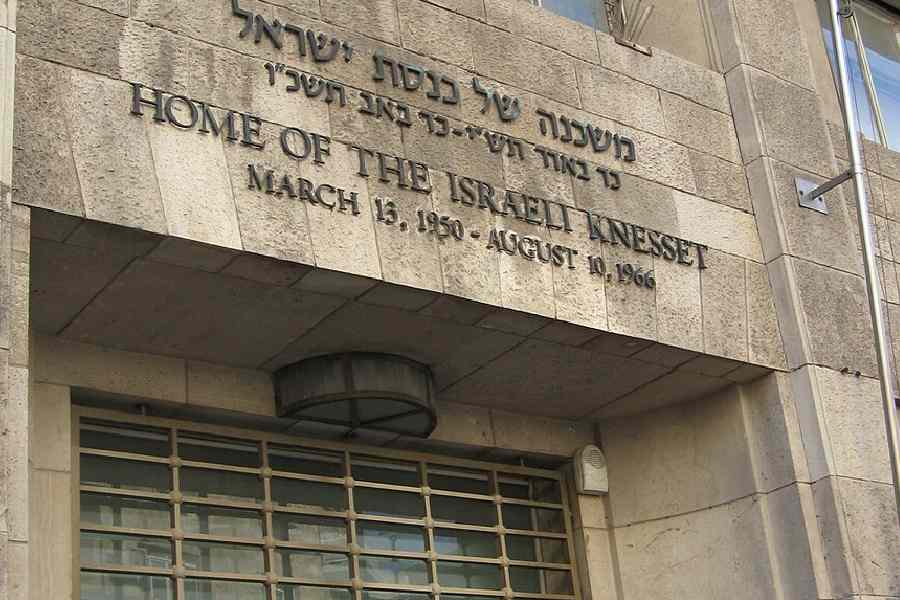Three Sikh separatists in British Columbia province say they were warned by Canada’s Mounties that their lives were in danger and told they should move out of their homes.
Two of the men received visits from the Royal Canadian Mounted Police last year and were instructed to sign Duty to Warn papers indicating they had been told by police about the danger to their lives.
The two men told the Canadian media about the warnings in the wake of the shooting death of Sikh activist Hardeep Singh Nijjar in a Vancouver suburb in June. Nijjar was also said to have been regularly warned by Canadian officials last year.
All three of the men said that as a result of the warnings, they separated from their families temporarily. They said the police did not disclose the nature of the threats, nor whom the Mounties were investigating as a result.
One of the men, who asked not to be named, said police told him that he had to move because he had young children. He was advised that if he didn't leave his home, his children might have to be taken into care to prevent any risks to them. He, as a result, left his home for a few weeks.
A third Sikh activist, Gurmeet Toor, who was a friend of Nijjar's, was told two months ago in August that he might be in danger and should leave his home temporarily. The three men had been vocal advocates of an independent Sikh homeland to be carved out of Punjab.
Nijjar and the three other Canadian Sikhs had been extremely active in organising unofficial referendums in British Columbia on Khalistan’s independence which had annoyed New Delhi. Such referendums have been held in the UK and Australia too.
Indian High Commissioner in Ottawa, Sanjay Kumar Verma described the three men's stories as an "absurd misinformation campaign.” The Mounties wouldn’t comment.
The US Federal Bureau of Investigation (FBI) has also delivered warnings to two Sikhs, one in California and another in New York. Pritpal Singh, who lives in California, said he received a phone call and later met two FBI agents. Pritpal Singh told CBC News that a brief call warned him there was a 'danger to his life'.
In New York, journalist Amarjit Singh told CBC News. "It was a warning. They said no travel, just keep yourself safe."
In the last few days, UK Prime Minister Rishi Sunak and Canadian Prime Minister Justin Trudeau have underlined the importance of de-escalating the importance of the India-Canada diplomatic row but stressed the need for “respect of law.”
Meanwhile, US officials have told The Associated Press that the escalating dispute between India and Canada could have major implications for America’s Indo-Pacific strategy to counter China expansionist moves in the region.
US officials have expressed deep concern and urged India to cooperate with police investigations. “We have been consulting throughout very closely with our Canadian colleagues—and coordinating with them,” US Secretary of State Antony Blinken said in Washington. “Any instances of alleged transnational repression is something we take very, very seriously.”
Numerous US officials say there are major worries in US circles that the dispute will give rise to a “worst-case scenario” that will escalate in the same way that Britain's row with Russia did over the poisoning of ex-Russian spy Sergei Skripal and his daughter in Salisbury, England, in 2018. After Britain accused Russia of staging an assassination attempt on its soil, it expelled as many as 23 diplomats from the country.
Meantime, foreign minister S. Jaishankar has defended again the government’s decision to stop issuing visas to Canadians, saying it was for the safety of its Indian diplomats. He described Canada as being "generally uncooperative" in response to security issues it raised and said that Ottawa had denied several extradition requests for people wanted in India.

